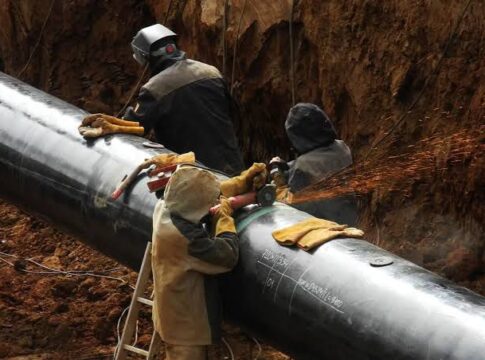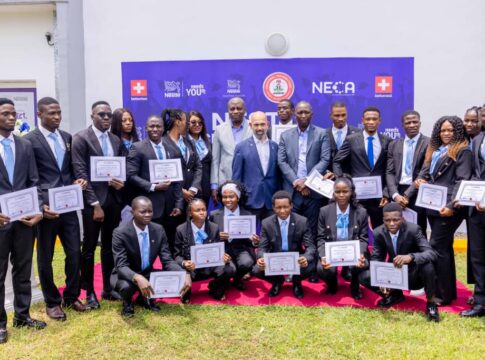African leaders and energy officials gathered on Friday in Abuja, Nigeria, to reaffirm their dedication to the African Atlantic Gas Pipeline (AAGP), a $26 billion project designed to connect 13 African nations. This ambitious initiative aims to enhance energy access, promote economic growth, and create jobs across the region.
Originally conceived in 2016 during King Mohammed VI of Morocco’s visit to Nigeria, the AAGP combines two significant projects: the West African Gas Pipeline Extension and the Nigeria-Morocco Gas Pipeline. At the recent ECOWAS Inter-Ministerial Meeting, officials highlighted the pipeline’s potential to transform regional economies.
Mele Kyari, the Group CEO of the Nigerian National Petroleum Company Limited (NNPC), emphasized the importance of collaboration in realizing this vision.
“Today, we come together to make significant progress in perhaps the largest African project,” Kyari stated. “This transformative initiative promises to connect at least 13 African nations in shared prosperity and development.”
The AAGP is set to leverage Nigeria’s vast natural gas resources, diversifying export routes and significantly reducing gas flaring. The pipeline will extend over 7,000 kilometers, transporting gas from Nigeria through Morocco and potentially supplying Europe.
READ MORE: Mauritius Suspends Social Media Ahead of Elections to Curb Misinformation and Ensure Stability
With the front-end engineering design and phase two studies completed, NNPC’s Executive Vice President, Olalekan Ogunleye, noted that work is ongoing on environmental and social impact assessments. “These achievements underscore our shared capacity and resolve to bring this partner project to fruition,” Ogunleye remarked.
ECOWAS Commissioner for Infrastructure, Energy, and Digitalization, Sediko Douka, stressed the necessity of strong collaboration to make the AAGP a reality. Nigerian Minister of State for Petroleum Resources, Ekperikpe Ekpo, emphasized that the agreements reached during the meeting could reshape the region’s energy landscape. “We stand at a critical juncture where these draft agreements hold the power to reshape our energy landscape, strengthen our economies, and uplift our people,” Ekpo stated.
Morocco’s Minister of Energy Transition and Sustainable Development, Laila Benali, expressed hope that the project would create jobs and open new markets, reflecting a commitment to boosting the region’s economic potential. With critical agreements in place, the AAGP is poised to enhance Africa’s energy security and export capacity, plugging the existing energy gap and advancing the continent’s position in the global gas market.




